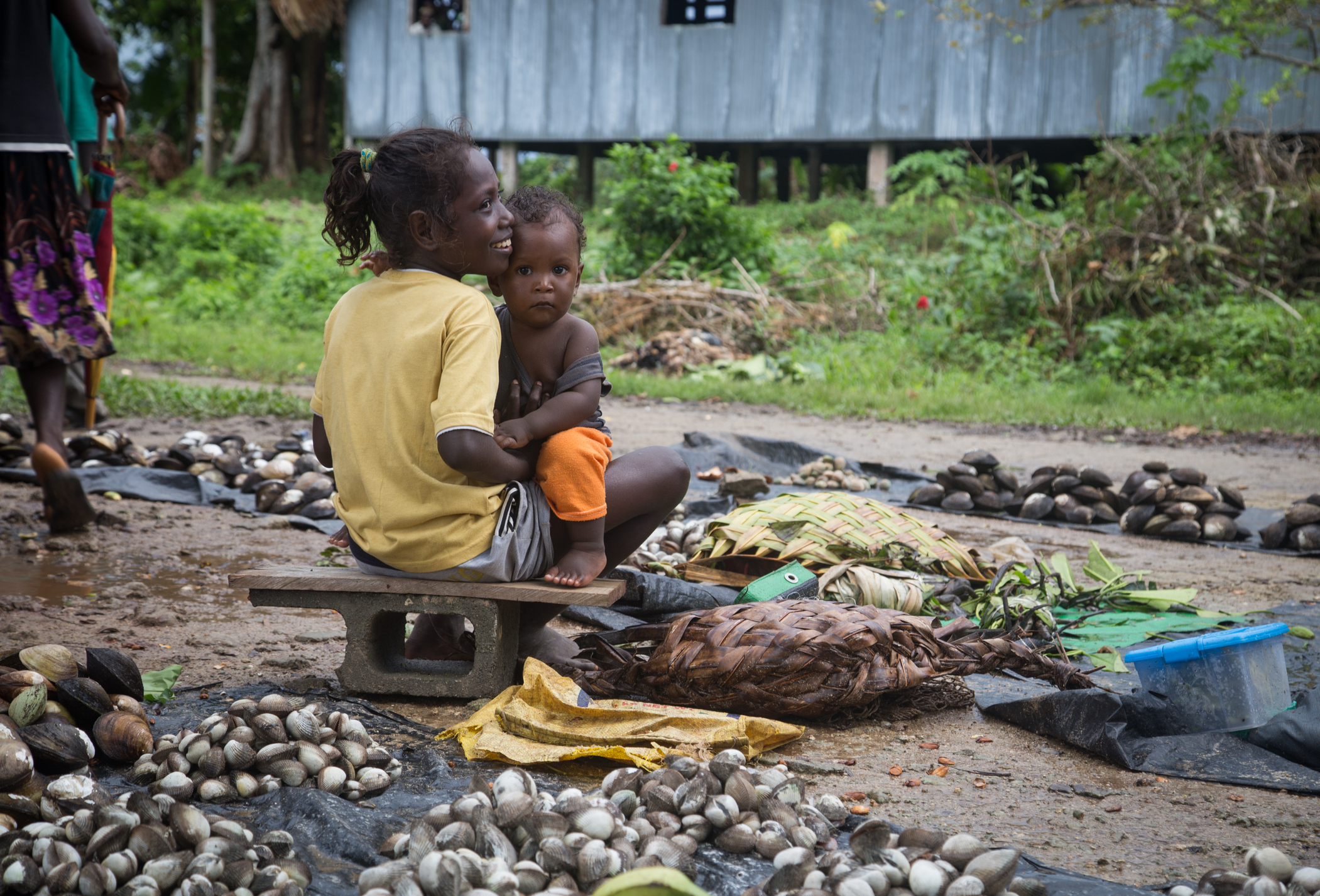
This article explores initiatives in the Pacific islands that were not established as projects by development agencies; takes a critical look at ‘the local’ to enrich understandings of the different ways in which local identities can be understood; and teases out what these types of initiatives might tell us about the characteristics of Pacific led development. They find that these characteristics that are often at odds with how conventional international development agencies tend to work.
What might be done to further promote and support such ways of working, particularly if they run counter to orthodox development practice? The authors offer three ideas as a contribution to the debate:
Further exploration of other ‘indigenous’ processes of locally led change in the Pacific might be instructive and help to build a broader and deeper repository of knowledge.
Using the case studies and findings from the article to inform other Pacific networks working on linked issues, such as The Pacific Community’s SPC monitoring and evaluation network, who have produced a key report on applying Pacific approaches to evidence gathering, the Pacific Islands Association of Non-governmental Organisations, and the Pacific Conference of Churches.
These networks and a broader coalition of activists and sympathetic supporters could start to develop some principles and ‘benchmarks’ that might provide Pacific citizens and organizations with a means to hold their governments and international agencies to account.